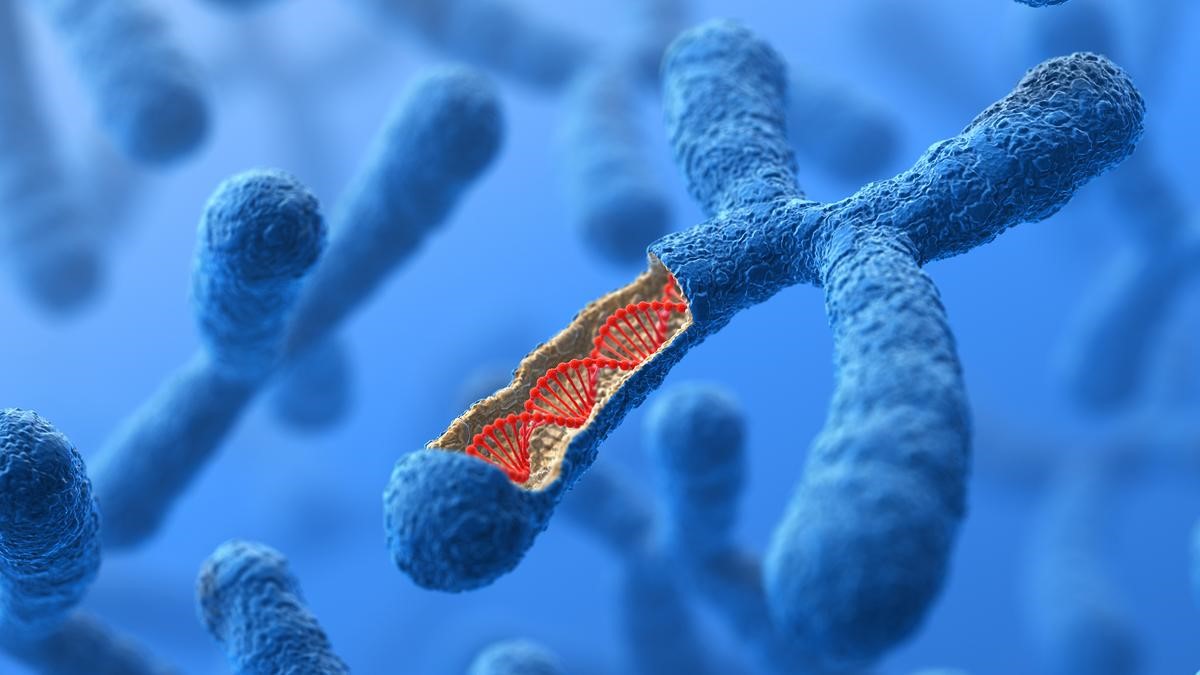Free Courses Sale ends Soon, Get It Now


Free Courses Sale ends Soon, Get It Now



Source: Hindu
Disclaimer: Copyright infringement not intended.
Context
Details
Recent Research and Clinical Implications
Altered X-Chromosome Inactivation and Autoimmune Diseases
Alzheimer’s Disease and the X Chromosome
About the X Chromosome
Structure of the X Chromosome
Function of the X Chromosome
Inheritance Patterns of the X Chromosome
Disorders Associated with the X Chromosome
Sources:
|
PRACTICE QUESTION Q. The X chromosome is integral to human biology, influencing sex determination, development, and numerous genetic functions. Comment. (150 Words) |
© 2024 iasgyan. All right reserved